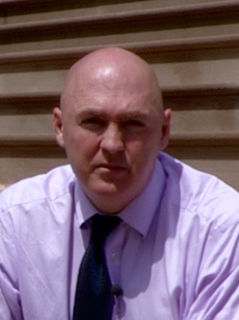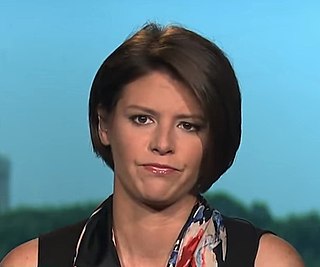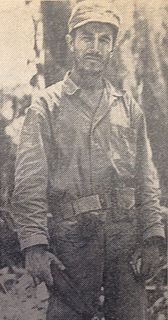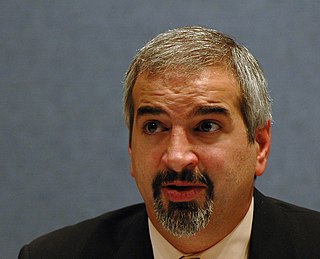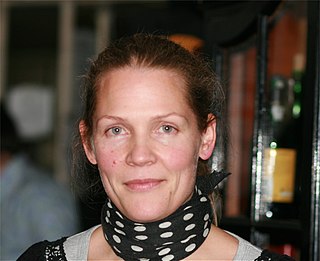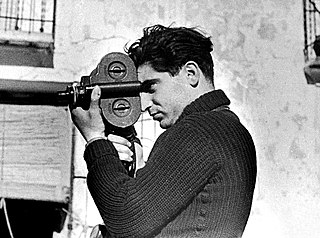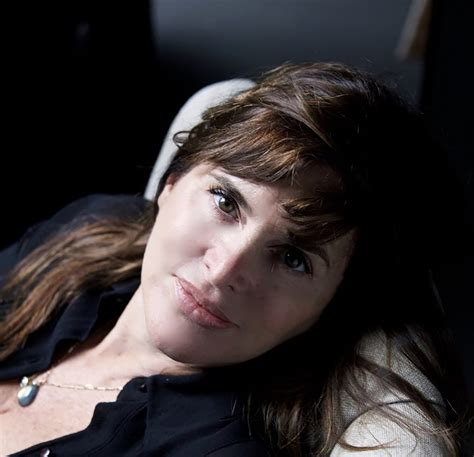A Quote by Stephen Farrell
It wasn't something I started off in my teens or early twenties thinking I want to be a war correspondent. I still don't think of myself as a war correspondent. I'm not. I'm a foreign correspondent.
Related Quotes
I don't like the definition 'war correspondent'. It is history, not journalism, that has condemned the Middle East to war. I think 'war correspondent' smells a bit, reeks of false romanticism: it has too much of the whiff of Victorian reporters who would view battles from hilltops in the company of ladies, immune to suffering, only occasionally glancing towards the distant pop-pop of cannon fire.
